T-Mobile's acquisition of UScellular assets is now one step closer to taking place
The DOJ gives the T-Mobile acquisition of UScellular assets a lukewarm approval.

It's one down, one to go for T-Mobile's acquisition of UScellular assets. Requiring approval from both the FCC and the Justice Department, today the latter has given the deal its blessing. The DOJ said that it will not seek an injunction to block the transaction.
T-Mobile gets approval from the DOJ to acquire some of UScellular's assets
Back in May 2024, T-Mobile agreed to pay $2.4 billion in cash and assume $2 billion of UScellular debt to acquire wireless customers, retail stores, and 30% of the spectrum assets owned by the nation's fifth-largest wireless carrier. That spectrum includes airwaves in the 600 MHz, 700 MHz A Block, PCS, AWS, 2.5 GHz, and 24 GHz (mmWave) frequencies.
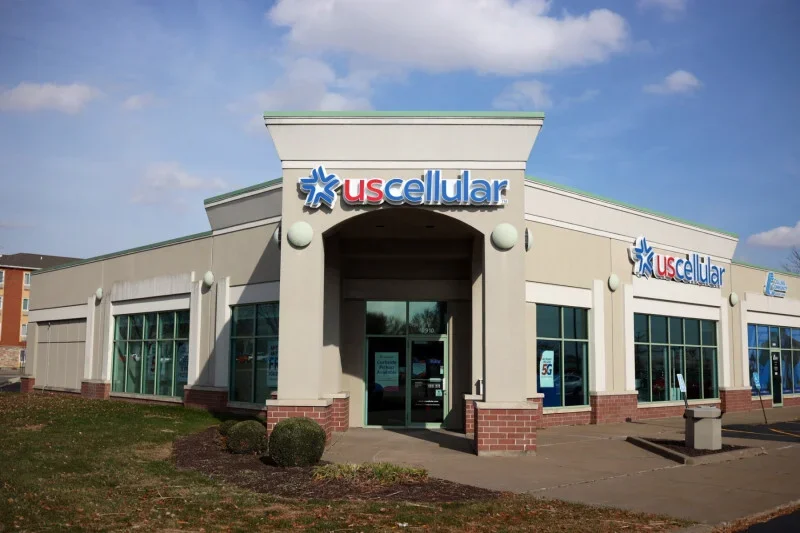
T-Mobile is a step closer to acquiring UScellular assets after obtaining DOJ approval for the deal. | Image credit-UScellular
That haul includes key frequencies used by T-Mobile, such as the 2.5 GHz mid-band airwaves employed for its Ultra Capacity 5G service, the 600 MHz low-band spectrum used for the carrier's Extended Range 5G service, and the 24 GHz high-band spectrum used for its rarely found mmWave service. Heck, T-Mobile might have entered into this deal specifically to pick up these airwaves. Remember, the carrier paid $26 billion to buy Sprint just for its rival's hoard of 2.5GHz mid-band spectrum, which has helped T-Mobile become the 5G leader in the U.S.
Even though the DOJ is letting the transaction go through, it did express some concern about competition in wireless and whether there is enough spectrum available to generate competition. The Justice Department also said in its press release that during the investigation, it considered what U.S. wireless customers would have to deal with if UScellular left the market, what benefits consumers might get from allowing the deal to close, and what the result might be from further consolidation in spectrum holdings.
The DOJ also investigated what might happen to UScellular subscribers if the carrier survived as an ongoing firm. The Justice Department determined that, should the DOJ block the deal, UScellular "could not keep up with the escalating cost of capital investments in technology required to compete vigorously in the relevant market. This would, in turn, lead to the slow degradation of its network quality."
The DOJ compared this outcome with comments made by T-Mobile, saying that it will combine the two networks so that UScellular customers will experience faster data speeds after the transaction closes. At the same time, T-Mobile customers will get better service in rural markets. It's a win-win for all.
"In sum, the Department evaluated the likelihood of harm to competition and the potential effects of the transaction on consumers and determined that, on balance, the potential harm and offsetting benefits of the transaction do not warrant an enforcement action. UScellular’s inability to maintain its competitive position would result in declining value to its subscriber base, whereas the transaction offers them hope that they will be able to experience the benefits of a more robust cellular network."
-U.S. Department of Justice
The DOJ also noted that this is "a pivotal moment for the wireless industry." After years of consolidation in the wireless industry thanks to acquisitions, the Big 3 account for more than 90 percent of the roughly 335 million mobile subscriptions in the U.S. Whether this is a positive or negative statistic won't be known until sometime in the future. In 2019, when T-Mobile acquired Sprint, the DOJ feared that the merger would allow the remaining big three (AT&T, T-Mobile, and Verizon) to harm consumers through coordination, leading to "higher prices, reduced innovation, reduced quality, and fewer choices."
The Justice Department has some concerns including the consolidation of spectrum ownership in the U.S.
The T-Mobile-Sprint deal also resulted in less competition to sell wireless service wholesale to MVNOs. T-Mobile and Sprint had been battling for this business. With the acquisition, that competition was gone.
The Big 3 also controls 80% of the mobile wireless spectrum used in the U.S. The DOJ writes, "It is of concern to the United States that continued spectrum aggregation by the Big 3 threatens to impede the path for a fourth national player to emerge and challenge the entrenched incumbents with new and innovative offerings. Where future spectrum consolidation transactions threaten this path, the Antitrust Division stands ready to investigate and, if warranted by the facts and evidence, use its enforcement power to protect competition and American consumers."
With this lukewarm approval, all that is needed is for the FCC to approve the deal, and the transaction will be ready to close.
Follow us on Google News

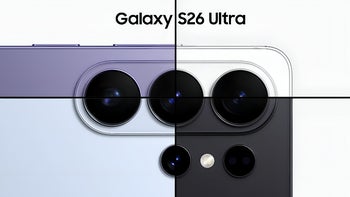
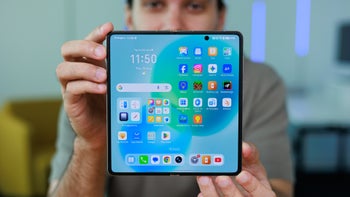
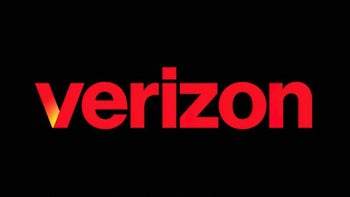
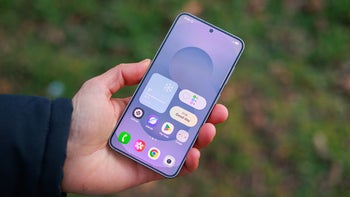
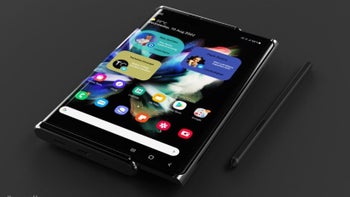
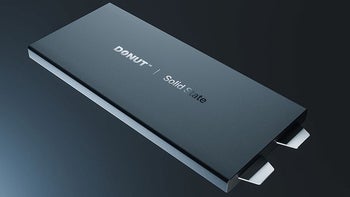
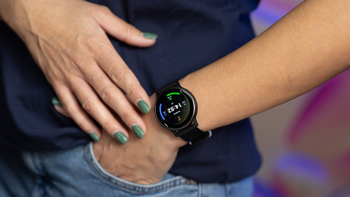
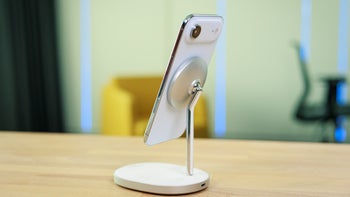

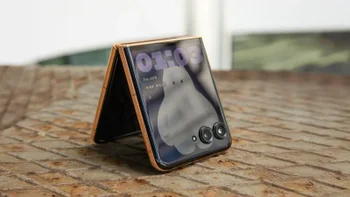

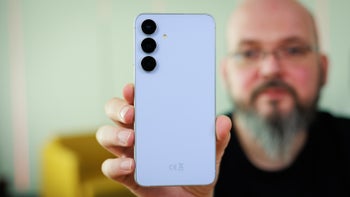
Things that are NOT allowed:
To help keep our community safe and free from spam, we apply temporary limits to newly created accounts: